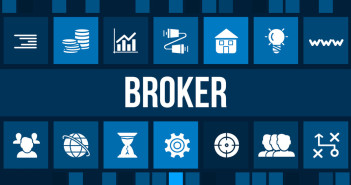It took the CFTC a lot of time, but they finally finalized their ruling for forex: leverage will be limited to 50:1 on major currencies, and 20:1 on minors. The pressure against the initial 10:1 proposal worked, but the industry will still change. American traders: Will you stay with your American broker?
In January, the forex industry was shocked with a proposal to limit leverage in forex trading to 10:1. Apart from traders’ comments, an IB coalition was formed to tackle proposed rules against Introducing Brokers, we saw also anger from Congressmen, and of course, forex brokers. This had fruits:
The new rule by the CFTC allows a leverage of up to 50:1 on major pairs, and 20:1 on minors. Also in Japan, the limit is 50:1, and will be reduced to 25:1 next year. This is less than the classic 100:1 leverage that is common to forex trading, and less than the NFA limit of 100:1.
This ruling actually allows the NFA to set even more strict rules that comply with these limitations, but harsher limitations aren’t likely. The rule will go into effect on October 18th. Despite the lower limit, this will still impact the forex industry.
In his analysis of this ruling, Michael Greenberg reports that introducing brokers are “saved†for now. He also finds another interesting point:
An interesting aspect that I think went unnoticed is that SEC/FINRA brokers (like Citi, Deutsche, etc) can keep offering retail forex trading regardless of these regulations, therefore keeping the 1:100 leverage and become more attractive to forex traders than CFTC forex brokers (like FXCM, IBFX, etc).
Will traders flock out of the US and go with foreign brokers? Will they accommodate to the new rules?



